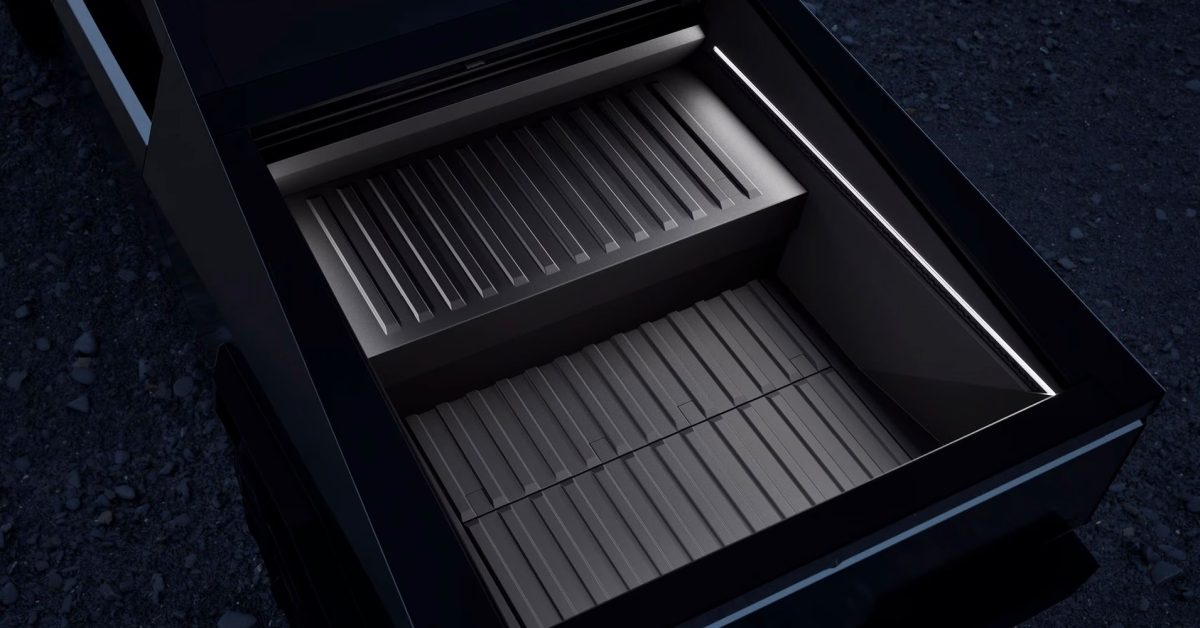Tesla has confirmed it has given up on plans to make a Cybertruck range extender to achieve the range it originally promised on the electric pickup truck.
It started refunding deposits for the $16,000 extra battery pack.
When Tesla unveiled the production version of the Cybertruck in late 2023, two main disappointments were the price and the range.
The tri-motor version, the most popular in reservation tallies before production, was supposed to have over 500 miles of range and start at $70,000.
Tesla now sells the tri-motor Cybertruck for $100,000 and only has a range of 320 miles.
The dual-motor Cybertruck was supposed to cost $50,000 and have over 300 miles of range. In reality, it starts at $80,000 and has 325 miles of range.
Archive link: https://archive.is/CGbaE



I hope the N Vision 74 will one day make it onto the streets
https://youtu.be/pu1yzLEsc1Q
It will literally never make it onto the streets in the US.
Well, they can ditch the Hydrogen part, that technology is done
I’m not a car guy so I don’t understand why your view seems to be so popular on the Internet (at least in the Anglosphere).
Is Toyota doing the Sony thing where they double down on a certain — perhaps less practical — format in hopes that it will make them money if/when it gets adopted as an industry standard?
It’s the nature of hydrogen as a fuel. It’s a gas, and has a very low power density. You can either compress it, but that requires the car carry a robust (and heavy) pressure vessel around. Plus, all the delivery infrastructure has to handle hydrogen at those crazy pressures, or you need to carry the compressor in the vehicle, which again is heavy, and slow. The other possiblity is to condense the hydrogen by cooling it. But now you need bulky insulation for the tank, plus, it will either need active cooling from the car, or your have to accept that the hydrogen will eventually get too warm and blow the tank, and then you have to vent it.
Hydrogen doesn’t make sense at car scale.
Thank you kindly! It just seems so weird that Toyota and even Japan seems so gung-ho about it. I guess it’s a case of sunk cost fallacy?
Not sure. Toyota is a very conservative and risk-adverse automaker. My guess is that they thought it could work better in Japan, as they have less land area and more miles traveled by train. Hydrogen can kinda make sense for a service/fleet vehicle that works in a limited area and always returns to the same location at the end of the day. Hydrogen can be run through an ICE engine, or it can be used in a fuel cell to produce electricity. Plus, everyone else was doing R&D into BEVs, so doing a little into hydrogen makes sense. If you fall too far behind on BEV tech, you can just buy a competitor’s vehicle and reverse engineer it to catch up.
I’m not a business person. Take that all with a grain of salt.